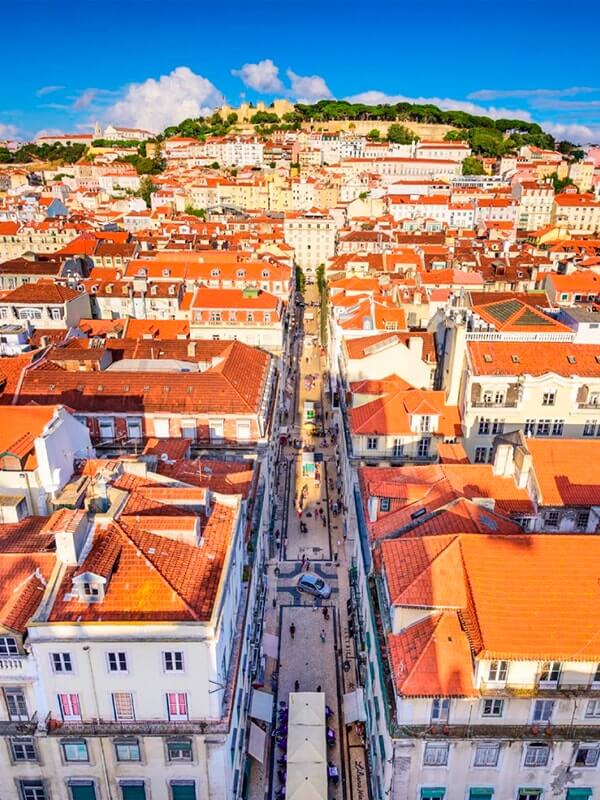
Lisbon city council approves restrictions on local accommodation

This article is an abbreviated version of the original. To read the full article, click here.
The proposal to suspend the creation of new units in the Bairro Alto, Madragoa, Castelo, Alfama and Mouraria areas was approved with favorable votes from PS, BE and PCP, and the PSD and CDS-PP votes were transmitted to Lusa municipal sources.
According to the proposal, which is signed by the mayor of Lisbon, Fernando Medina (PS), the suspension should also cover areas such as Príncipe Real, Graça or Cais do Sodré. Speaking to reporters on Monday, the mayor explained that this moratorium is valid for one year, or until the regulation is approved, a document that the executive estimates to approve by March next year.
Now that the restriction has been approved by the executive, it will go to the Municipal Assembly, and if it has the approval of the deputies may come into force as soon as it is published in the Municipal Bulletin. To the journalists, Medina estimated that this could happen "in the first weeks of November".
Pointing out that the announcement by Fernando Medina provoked an "excessive race to the registers" of new tourist units, the Social Democrat said that "the suspension for a year was counterproductive and will not serve anything", considering that from now the problem will be from the areas bordering the areas that will be conditioned.
Meanwhile, communist Ana Jara told Lusa that "it is very obvious that the registration of local lodgings would have to be blocked, but that this suspension should have been based also on" social factors affecting the local economy". Thus, the city council defended a "greater discussion" as well as "a more preventive policy not to happen in other areas of the city what happened in the historic quarters." At the meeting, the Lisbon Chamber also approved a municipal initiative blending operation, under the Accessible Income Program, in Parque das Nações.
At the same meeting, councilors would also consider changes to the Town Hall regiment, along with the creation of the Lisbon Tourism Charter, at the initiative of the communists, but these proposals were eventually postponed. The councilors would also address two proposals, one from the BE and one from the PCP, on prostitution, but these have also been postponed.
